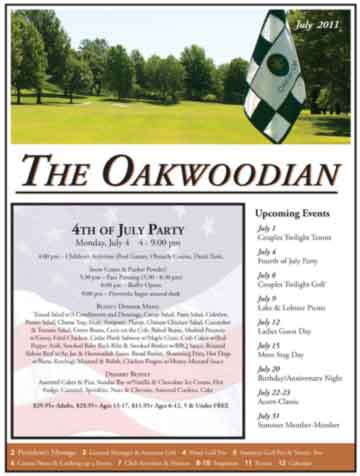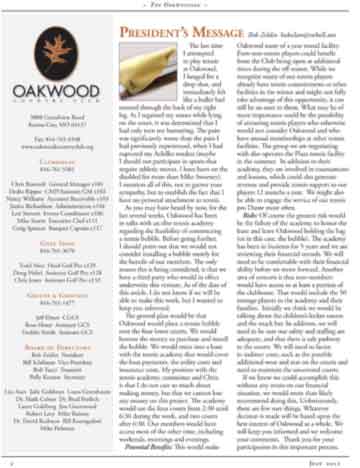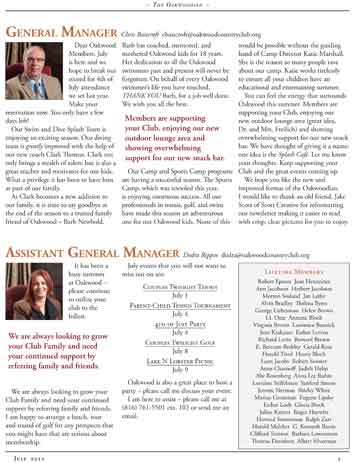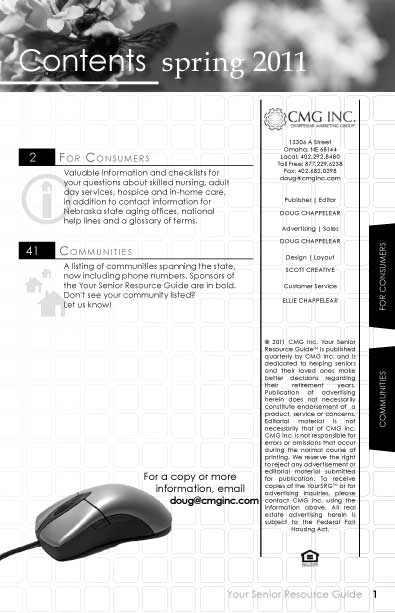
If you’re a freelancer, it’s more than likely that you’ve been burnt by a client at some point in your career. My latest burn constitutes finishing a large project on a tight schedule for a new client, only to be denied the second half of the payment due to me after the job was finished and off to press.
At first and against my better judgment, I wanted to give this client the benefit of the doubt. Maybe they’ve fallen on tough times; Maybe there was some kind of emergency… anything to rationalize the behavior of an unprofessional client that was blatantly ignoring my attempts to touch base.
After failing to contact them by either phone or email over a months time, I decided to send a certified letter and enclosed my final invoice. I knew that the letter was received, being I had the signature to prove it, but another week came and went without a reply or a check in the mail. I contacted a lawyer that could help me to a point, but things could only go so far being I was not financially in a position to take things to court.
Through this recent experience, I’ve discovered a new-found dedication to reading the fine print of every client contract and the importance of assessing each client I take on at a deeper level before entering into a work agreement. In the process, I’ve learned what I thought I already knew: not all clients are good ones and not all projects are worth taking on. A client that doesn’t pay and a client that breaks their own contract is one that you’ll get absolutely nothing but a headache from – trust me.
Which leads me to my point. Where’s the line of defense for freelancers confronted with situations like these? Here in Nebraska, I have two feasible options: contacting the Better Business Bureau and filing a complaint (which never seems quite as satisfying as I’d like) or taking a gamble in small claims court. In the near future however, freelancers in other states may have the law on their side – thanks to recent actions by the Freelancers Union.
Let’s set the stage. In the past, the Freelancers Union has surveyed 3,000 of its members nationwide, asking if they have ever been denied payment for a project. An alarming 80% of survey participants have indicated their difficulty settling up with clients upon a project’s completion. Collectively, freelancers of all types make up nearly one-third of the US workforce, rendering the results of this survey as only a mere sliver of the enormous problem shared by freelancers: getting paid.
Confronting the problem head on, the Freelancers Union recently crafted the Unpaid Wages Bill (S8084/A11520) in an effort to grant independent contractors – such as designers and copywriters – protection against companies that don’t pay for completed work.
“There have been zero standards for freelancers, and that’s why this is so important,” (Sarah Horowitz, executive director of the Freelancers Union)
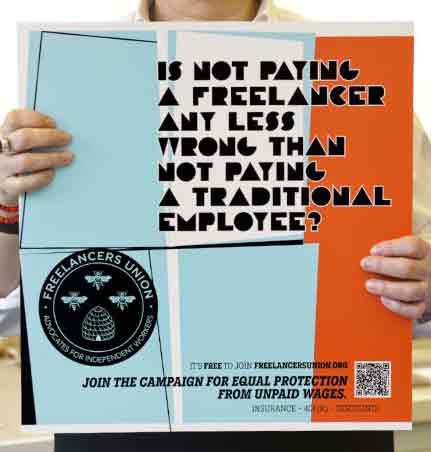
First introduced in the Senate earlier this summer, the bill aims to grant the New York State Department of Labor additional powers to take action against companies that violate work agreements made with independent contractors, or those that refuse to compensate freelancers within a “reasonable” amount of time. The aim of the bill isn’t to hinder small businesses that rely on independent contractors – only those who choose not to pay for work completed.
“We need solutions to help independent workers get paid,” says Sarah Horowitz. “New York State and New York City can lead the way for the rest of the country.”
While the Unpaid Wages Bill has failed to make it to a vote, the bill speaks for the need for similar bills to be introduced nationwide. An advocate for freelancers since 2003, this organization – 135,000 members strong – has made some significant strides for the 135,000 members they they support. One recent accomplishment includes winning tax cuts for freelancers in the organization’s home state of New York, eliminating New York City’s Unincorporated Business Tax (UBT) on independent workers earning less than $100,000 per year.


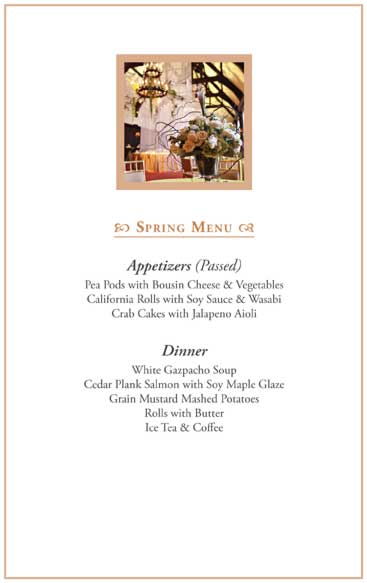
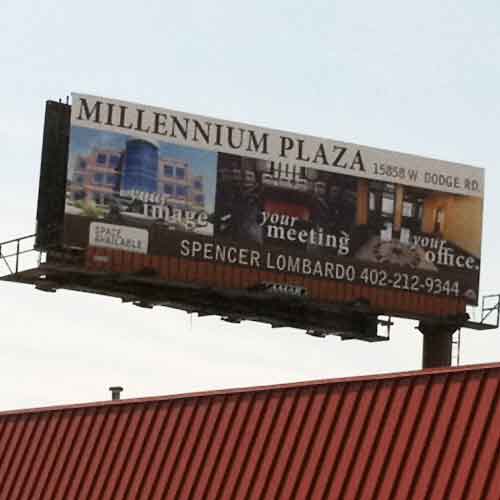
 In June, Scott Creative worked with clients
In June, Scott Creative worked with clients 